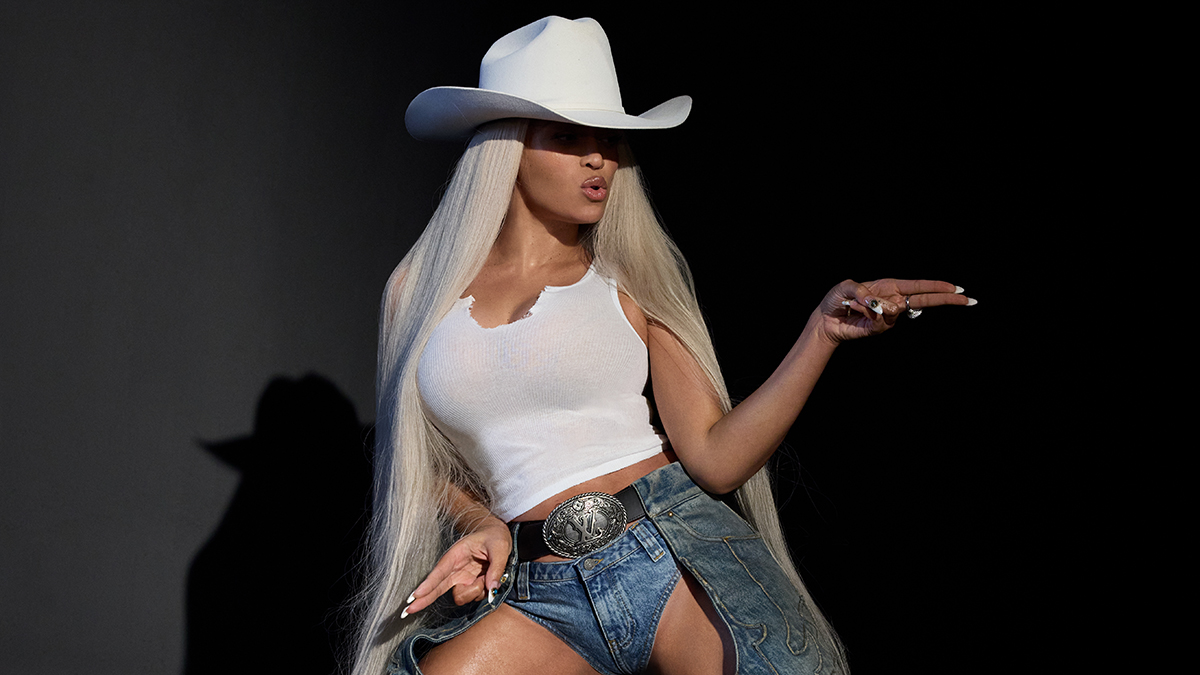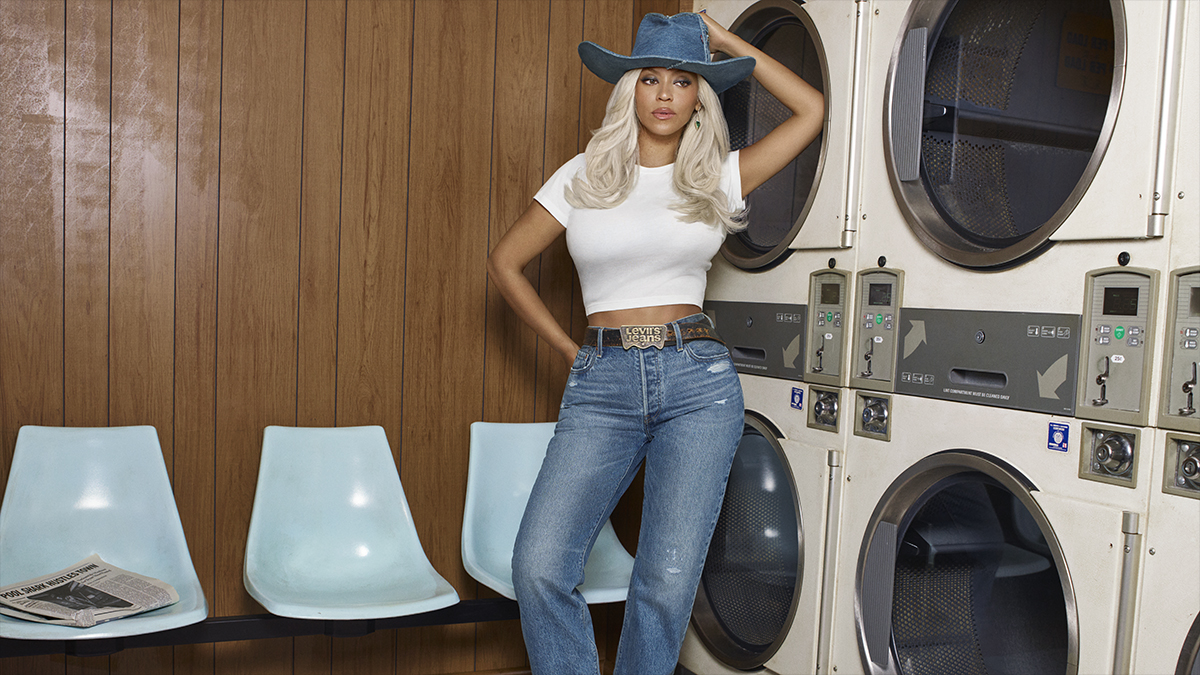Whether it’ll finally win her an Album of the Year Grammy remains to be seen, but Beyoncé’s Cowboy Carter is certainly one of the most talked about records of 2024. It marked the star’s much-discussed pivot towards country music, and one of the two lead singles that introduced us to this new sound was Texas Hold ‘Em.
Released alongside 16 Carriages on 11 February, Texas Hold ‘Em is a bouncy, country-folk-soul jam that comes complete with banjo from Rhiannon Giddens, but it turns out that the song was born before Beyoncé had ever heard of it. In fact, in an interview with Music Week, producer and co-writer Killah B - Brian Bates - said that the story of its life began at a birthday party.
Following his success with Ariana Grande’s Positions, in 2020, Bates had set up a publishing company, and was open to new ideas.
“This guy, Nate Ferraro, walked up to me and said, ‘Hey, what’s your name?’ We started talking and I told him I was looking for songwriters,” remembers Bates of the party. “He played me a few of his songs, they were fire, and about three weeks later him and two other songwriters called to ask me to come and work with them.”
Those two other songwriters turned out to be Elizabeth Lowell Boland and Megan Bülow, and it wasn’t long before they got in a room with Ferraro and Bates. Cue magic happening.
“I was leaving the studio and was so tired at the time, but they were like, ‘Hey, we’re doing country, man!’ and I was just like, ‘You know what, I like that, that’s different, let’s go,’” says Bates. “So I pulled up, we did one country idea, then we started Texas Hold ’Em.”

As is so often the case, it sounds like the song came together pretty quickly: “Nate picked up the guitar, played a chord, and we started to build the structure,” says Bates. “As we did that, the others and I started writing, and once we had some melody and lyrics, they started cutting vocals and I got into my headphones and produced the beat in full.”
Bates says that, even at that point, the song wasn’t “traditional country”, and that he “wanted there to be an urban sense to it”. Little did he know that this was exactly what Beyoncé had in mind, too and, with serendipitous timing, it found its way to Queen Bey in a matter of weeks.
“That happened at another party with a close friend of mine who was working with Beyoncé’s A&R Mariel Gomerez-Rodriguez,” says Bates. “I’d known her from a while back when she started under me and my team in Atlanta. We were vibing at this party and my friend asked me if I had any country records. I was a bit nervous to play the track, but she loved it, then sent it to Mariel and [Beyoncé’s label] Parkwood Entertainment.
“Mariel also fell in love with it. She stripped it down, played it for Beyoncé, and they sat down and came up with a plan. In that same month, Mariel reached out to all of us and had us sign an NDA!”
Beyoncé being Beyoncé, though, she wasn’t just going to take the song and perform it. In fact, Bates reveals that she added to it considerably.
“Beyoncé, well, that lady has vision,” he says. “She took the track to the next level. She brought Raphael Saadiq in to add some things, an extra kick to the drums, some more percussion and violins, and they also added that last bit with the piano where Beyoncé sings, ‘And I’ll be damned if I cannot dance with you’, which was so fire. It’s incredible how Beyoncé was able to hear herself in the original demo; it was completely left-field from what we’d usually hear from her and that’s just how genius she is. I was blown away.”
And then there was the experimentation: “There was a lot of back and forth where we were trying different things,” says Bates. “After the 11th or 12th revision, she was like, ‘You know what? Let’s go back to the original!’ So we worked from there - Beyoncé’s so meticulous, down to every instrument.”
Beyoncé’s levels of perfectionism are well-documented - she’s been called a “scientist of songs” - but the effort put into Texas Hold ‘Em certainly paid off. And, in a wider context, Bates is proud of the fact that he played a part in helping a Black artist reclaim country music as her own.
“Country music was made by Black people!” says Bates. “And we’re told we can’t be a part of it, it’s crazy. This genre is colourless, anyone can do it if you do it right and in your own way. There are so many Black country artists emerging and it’s been beautiful to be a part of opening the doors for those who were there before me, who’ve been keeping the genre alive and saying, ‘Hey, Black people have been here the whole time.’”






